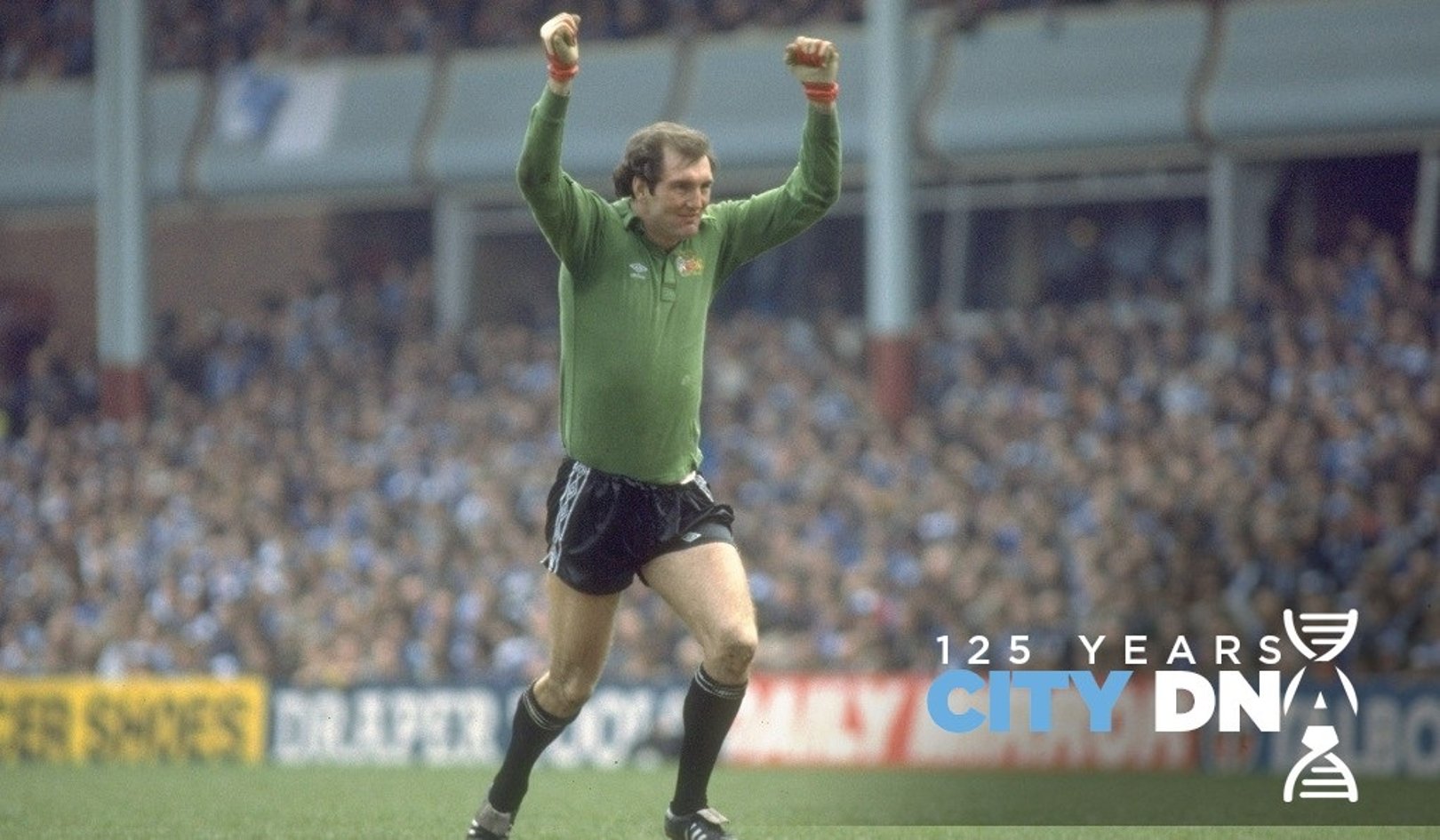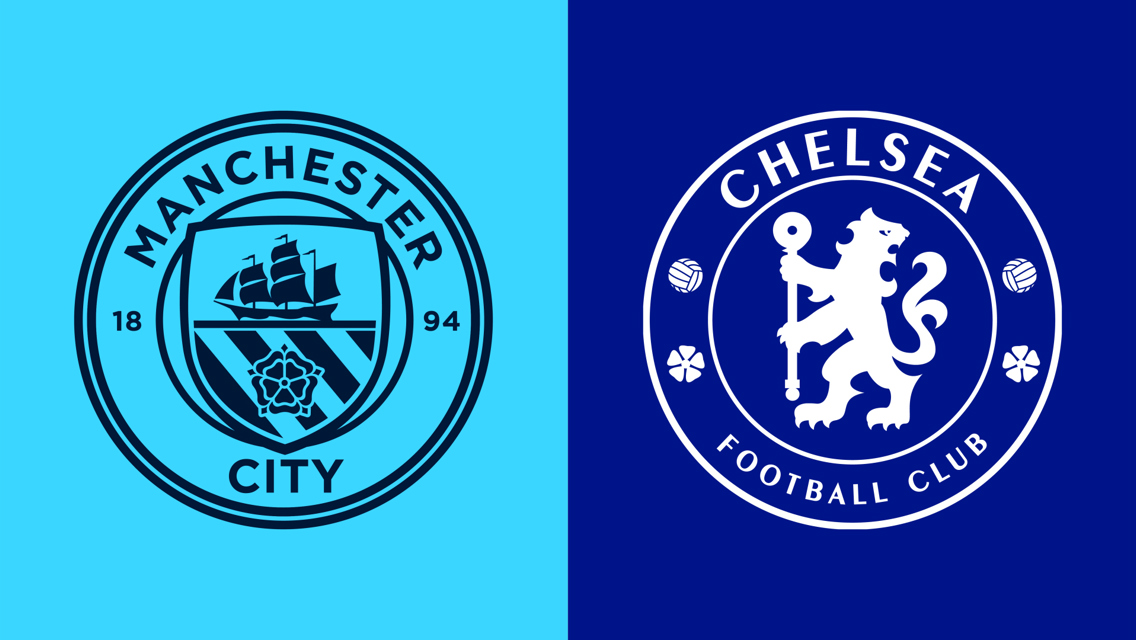But his story is anything but straightforward, and ‘Big Joe’ could easily have melted away from the professional scene and never made the grade in top-flight football had he not had the guts and determination to want to prove the doubters – and initially they were legion –they were wrong.
Signed in 1966 as a 17-year-old, he was third choice goalkeeper behind Ken Mulhearn and Harry Dowd during the late sixties and made his debut in a League Cup tie during the 1967/68 season.
Corrigan was given his chance towards the end of the 1968/69 season when he made four starts and kept his first clean sheet in the last of those games, a 1-0 win over Liverpool and was officially given the green jersey for the 1969/70 season where he would make 50 appearances in all competitions, still aged only 21.
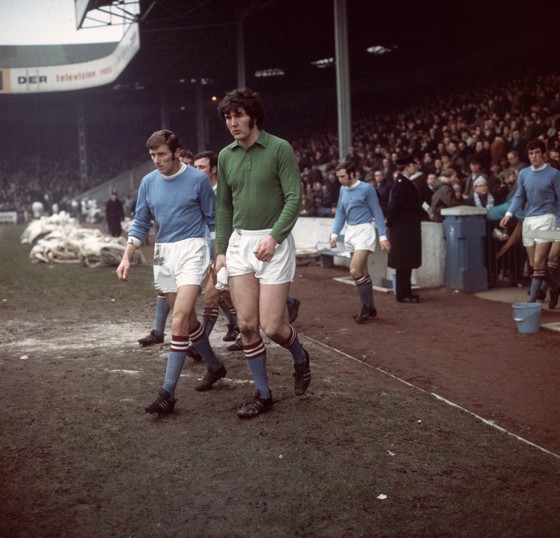
But not everything went swimmingly for the young Mancunian,
During a 5-1 defeat by West Ham at Maine Road in March 1970, he kicked the ball from the right side of the box and then turned to walk back towards his nets.
As he did, the ball flew over his shoulder and into the net, momentarily confusing the giant keeper before he realised somebody must have volleyed it straight back.
They had - and it was Hammers midfielder Ronnie Boyce who damaged the youngster’s confidence and reputation further with his 45-yard volley – irreparably some reckoned.
Joe never turned his back on a kick-out again.
Though he would remain first choice for the next three seasons, a series of high profiles errors affected his confidence his weight soared as a result, with fans beginning to lose confidence in his ability.
He clawed on to his place before City snapped up Motherwell’s Keith MacRae to challenge for the No.1 jersey. For the next two years Joe was playing second fiddle the Scot, but tirelessly in training to improve his game, concentration, and most of all, shed several stones in weight.
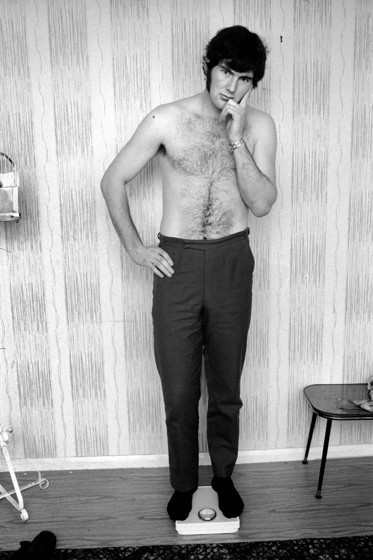
By the time he was handed a chance to reclaim his spot, he was a different man both physically and mentally.
Slimmer and fitter than ever, his steely determination showed through in his performances, and having lost his first team spot once, it was clear there was no way he would so it again and incredibly, he missed just one of the next 223 league matches in an incredible run of appearances stretching more than seven years.
EL MAGO: David Silva tribute book available now
Eventually, MacRae quit Maine Road in search of first team football having accepted the new Joe Corrigan was now among the best in the world – it had been quite a transformation.
It’s no exaggeration to say that, for many, during the 1970s Joe Corrigan was Manchester City.
He was respected everywhere he went and was unbelievably consistent, with his bravery and willingness to get hurt for the team evident time and time again.
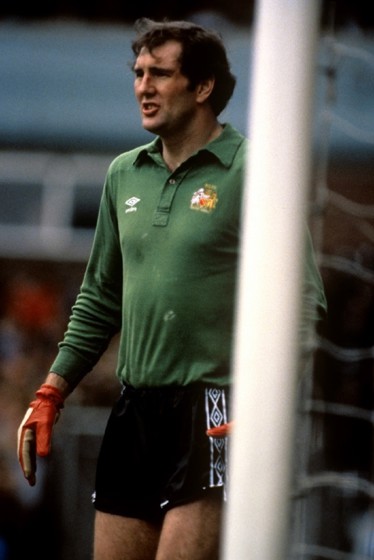
He struck up a wonderful relationship with the City fans who admired the way he’d turned his career around and Joe running to Helen Turner in the North Stand to collect his lucky sprig of heather before a home game became a much-loved Maine Road tradition.
Another well-known Corrigan trait was kneeling down on his haunches and facing the other way if City were awarded a penalty. It was a superstition he continued with throughout his career.
Despite this, Joe was always the third choice England keeper during the 1970s with a succession of national bosses preferring Peter Shilton or Ray Clemence – both excellent keepers in their own right, but had he played at almost any other period since, he would have been England’s No.1 for perhaps a decade.
As it was, his England B caps outnumbered his full caps by one (he played 10 times for the unflattering named ‘B’ team) and he was even chosen as an over-age player for the Under-21s in 1978, winning three caps.
After more than 600 games for City, he played his last match for the club in a 4-1 defeat to Swansea at The Vetch Field. It was a disappointing note to leave City on as he headed to America for pastures new.
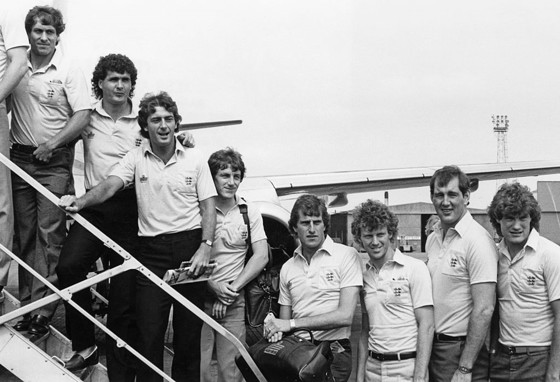
Yet quite how the club could sanction the sale of its best asset and main influence amid a desperate relegation battle was never satisfactorily explained and as a result – and despite the best efforts of rookie Alex Williams - City were relegated two months after Joe’s departure.
Would he have saved the club from the drop? Sadly, we’ll never know, but had he been the difference that turned just one draw into a victory, that would have been enough.
Things didn’t work out in the USA with Seattle running out of money shortly after his arrival and despite staying on for a short while as he tried to make the American Dream work out, Joe returned to England with Brighton and Hover Albion who were now in the same division as City.
In November 1983, Joe returned ‘home’ with the Seagulls to one of the most incredible receptions since Colin Bell’s return from injury on Boxing Day 1977 with the standing ovation sustained for several minutes as City’s loyal following finally got the chance to say ‘thank you’ to the big fella.
City won 4-0 and Joe retired not too long after, becoming a goalkeeping coach at Liverpool for several years and in 2006, he was doing the same job for West Bromwich Albion.
A club legend in every sense of the word and to City fans he will always be England’s No.1.

